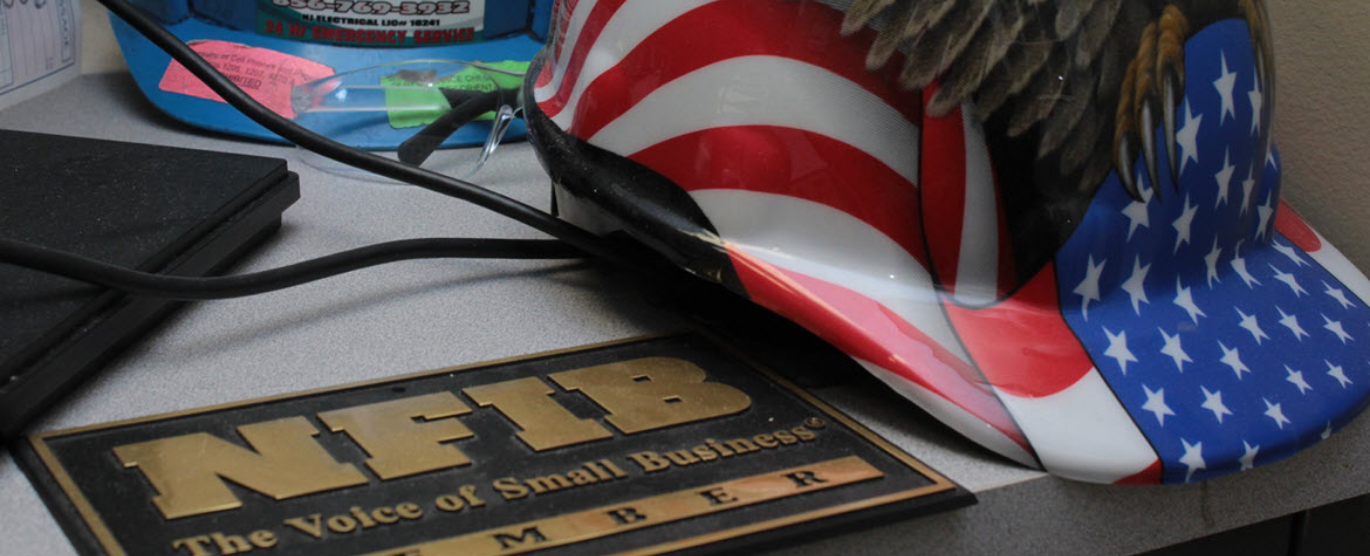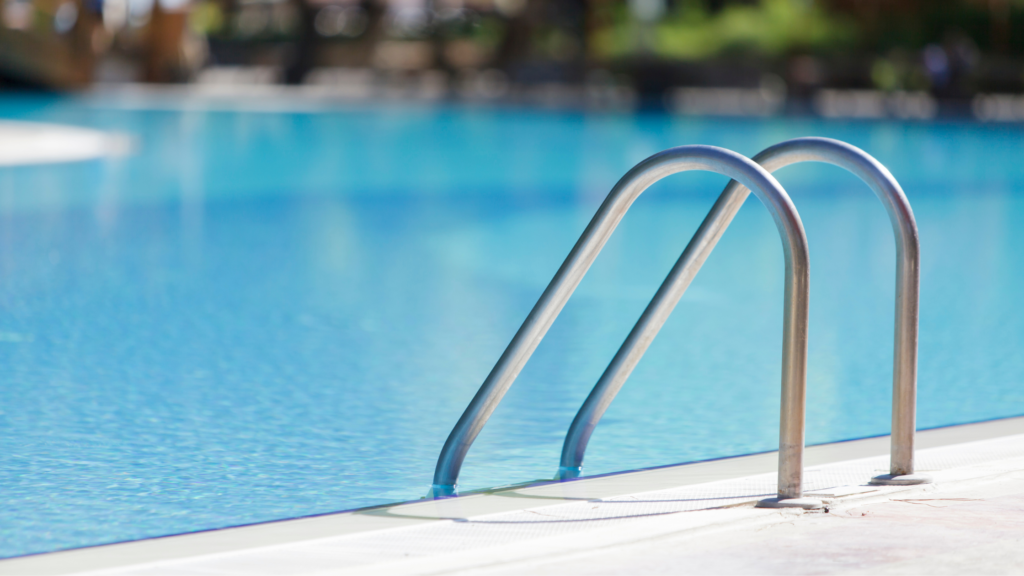Most people probably don’t think about pool bonding until something goes wrong. But, if you want to make sure your swimming experience is as safe and enjoyable as possible, it’s important to understand the benefits of pool bonding and why it’s so important. In this post, we’ll take a closer look at what pool bonding is and why it matters. We’ll also explore some of the potential problems that can occur if this aspect of your pool isn’t properly maintained. So, whether you’re a seasoned pro or just getting started with backyard swimming, read on for everything you need to know about pool bonding!
What is pool bonding?
There are two types of pool bonding: electrical and mechanical. Electrical pool bonding connects the pool structure to the earth, which dissipates any electrical charge that could build up and pose a shock hazard. Mechanical pool bonding connects all the metal components in the pool, including ladders, handrails, and diving boards, to each other. This creates a conductive path that helps prevent electrical shock.
Most pools require both types of bonding, though the requirements vary depending on the type of pool and the local building code. In general, inground pools need to be electrically bonded, while above-ground pools only require mechanical bonding. Some pool codes also mandate that the bond be tested periodically to ensure that it is still effective.
Pool bonding is an important safety measure that helps protect swimmers from electrical shock. Bonding the pool helps to dissipate any electrical charge that could build up and pose a hazard. It is important to follow the local building code requirements for pool bonding in order to ensure the safety of swimmers and to hire a licensed electrician to handle all bonding. .
Potential risks of no pool bonding?
One of the potential risks of not pool bonding is that it can lead to dangerous electrical shocks. This is because when there is no pool bonding, the metal parts of the pool (including the ladder, handrails, and diving board) are not properly grounded. This means that if someone were to touch one of these metal objects while also touching something else that is electrically charged (such as a power line), they could receive a potentially fatal shock. Additionally, not pool bonding can also result in damage to your pool equipment. This is because the electrical current from the metal objects can damage sensitive electronic components. Finally, not pool bonding can also create fire hazards. This is because the electrical current can cause sparks that could ignite flammable materials near the pool.
Pool bonding is an important step in ensuring the safety of your swimming pool. By following the proper steps and using a professional to install your pool bond, you can relax knowing that your pool is safe for your family and friends. Have you ever bonded your pool? What was your experience like?




